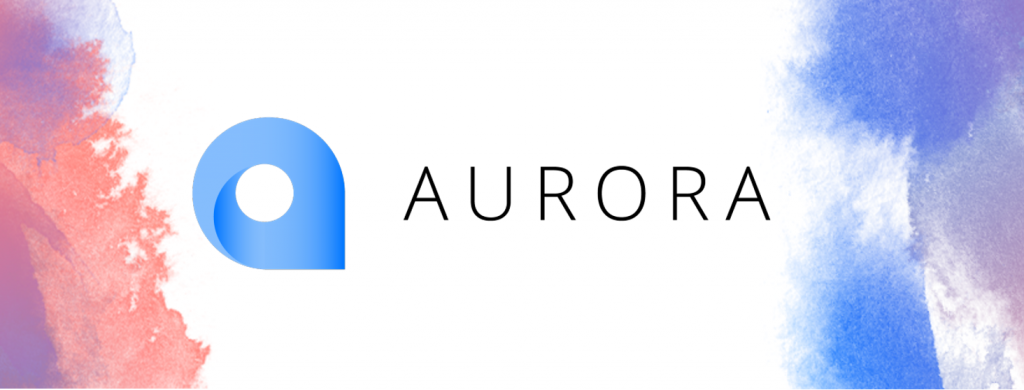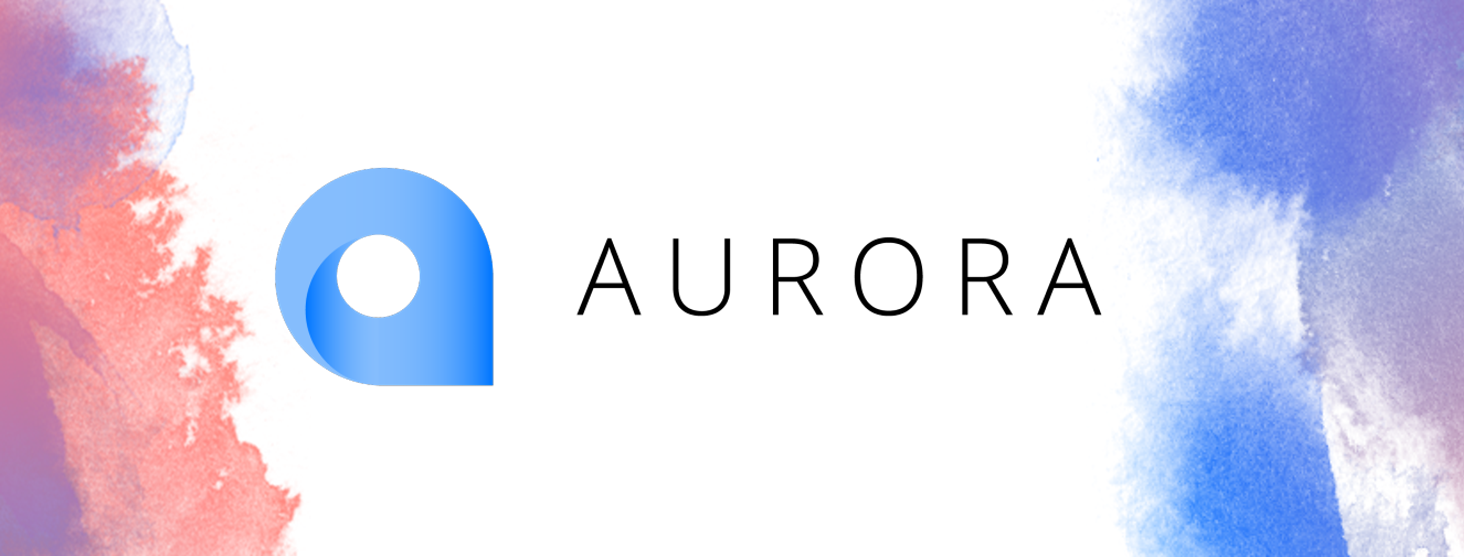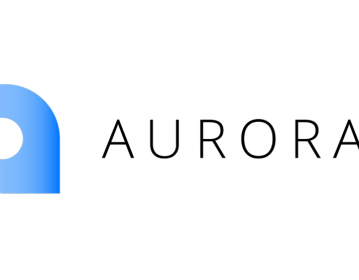
Since 2013, researchers and artists have had the opportunity to make use of the Finnish national funding database Aurora (www.aurora-tietokanta.fi) in their quest for funding. The database collects most of the Finnish funding opportunities for science and art under one roof. A visitor is able to search for funding with a simple search and get a list of relevant funding opportunities with just a couple of clicks. Aurora is available to all free of charge and can be used in Finnish, Swedish and English.
In this blog post, we will lift the curtain and show you what kind of history led to the today’s version of Aurora. We will also take a look at who is behind it and what the future may hold.
How did we get here?
Aurora database was created by the Association of Finnish Foundations and the University of Turku in the early 2010s, when the two parties decided to merge their own funding databases into a more comprehensive one. There was a clear need for a site that would gather the funding information that was spread out all over the internet and beyond. At this point, the Association of Finnish Foundations was the project leader.
The Ministry of Education and Culture provided a special financing to set up the new database. Other parties to contribute to the funding were theAssociation of Finnish Foundations, universities through the Universities Finland UNIFI, universities of applied sciences through the Rector´s Conference of Finnish Universities of Applied Sciences Arene, and the State Research Institutesvia the Research Institutes’ Directors Council TUNE.
Aurora was opened to the public in March 2013. The key idea was to make the database free to use and open for all to reflect the egalitarianism of the Finnish welfare state. The database was built with the taxpayers’ money so it needed to bring value to the society at large. Aurora was also trilingual from the beginning. In no time, Aurora had thousands of monthly visitors.
Then came the government’s budget cuts, which were quite harsh on the fields of education and research. In 2016, we found ourselves in the situation where Aurora’s funders found the project to be too costly for them and the Ministry’s financing running out. The result was a shutdown of the Aurora services at the end of May 2016.
After the closure, many people expressed their frustration about losing these services, among them were not only researchers and artists but also research administrators. Soon UNIFI decided that it wanted Aurora to continue and took the leadership of the project. Luckily, we could restart the activities already in October 2016, only 4 months after the run-down. This time the contents were focused on Finnish funding for research and arts, while the foreign and purely cultural funding were dropped. UNIFI and the Association of Finnish Foundations became the main funders, and the Rector´s Conference of Finnish Universities of Applied Sciences Arene soon joined them with a smaller share.
Now, after 7 years in operation, Aurora database has consolidated its position, and many researchers and artists rely on the information it provides.
Who we are today
From the beginning, the Aurora services have been managed at the University of Turku, to be more precise, at the Research Funding unit. The Head of Unit Soile Haverinen has been leading the Aurora project at the University of Turku since day one. Secretary of Research Sirpa Saariaho has been doing the day-to-day work also from the start, usually paired with a co-worker. At the moment, we are happy to have Secretary of Research Kaisa Vuori in our small team. This three-person team has been keeping up and producing the contents of Aurora and developing its functionalities. Our budget’s personnel costs cover one person-year, so we divide the yearly work time among us. This way our holidays and other absences don’t really show to the public.
Since UNIFI started leading the project, our team has had the freedom and responsibility to develop Aurora according to our best estimate, received feedback and, of course, in the frame of our budget. We constantly aim to make the Aurora services better. Earlier this year we conducted a user survey, which brought us many excellent improvement suggestions. We also received many heartfelt compliments and thankful remarks about Aurora. Many were grateful for how much time it saves to use the database instead of searching for all the funding opportunities individually. When asked about the best features of the database, most common answer was its extent in covering different funding opportunities.
There are still some changes to be made with the website architecture and the search engine, since several respondents suggested improvements for them. The goal is that the database would be as accessible and as easy to use as possible for everyone. That said, over 90 % of the respondents said they would recommend Aurora to a friend or a colleague and 85 % reported that they have found new interesting funding opportunities using the database. We have assembled a Frequently Asked Questions page on Aurora to answer questions that came up in the survey.
Aurora in the future
The Aurora project still has to be renewed each year and this makes it challenging to make sustainable long-term plans. It is reasonable that the annual budget and work plan are approved yearly by UNIFI, the project leader, but this means unreliability for our team’s recruitments.
Our dream is that Aurora will exist for many years to come and continue helping people who search for funding for their projects, in one way or another. Aurora’s future lies in the hands of those who fund it, those who use it, and, of course, those who realize it, the Aurora team.
Written by Sirpa Saariaho & Kaisa Vuori

